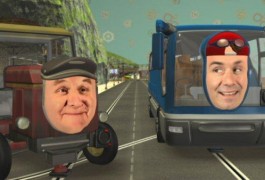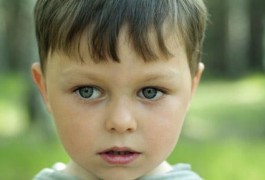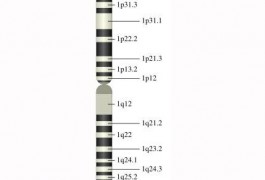Strange play
As early as 12 months of age, babies who later develop autism repeatedly spin and rotate their toys more than typically developing children, according to a new study. They are also more likely to glance sideways at objects or stare at them for long periods.









